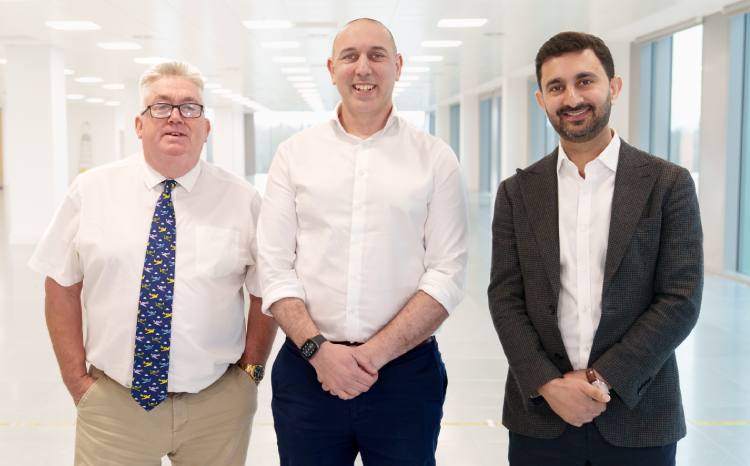Hancock urges NHS chief execs to get on board with CIOs
- 6 December 2018

Matt Hancock has urged NHS chief executives to ensure they have a CIO on their board.
In a keynote at an event in London on 28 November, the health secretary spoke about leadership in the NHS and referenced the culture towards technology.
He said: “Improving technology is only a small part about the technology.
“It’s mostly about culture. Leaders must ensure their staff have the right skills to constantly innovate and continuously realise the benefits that technology can bring, from basic, good IT to the huge opportunities such as genomics, AI and digital medicines will bring to the NHS.”
Hancock added that it was not always about the technology, but instead possessing “the right skills and capability in management and leadership.”.
He said: “So if you’re a chief executive, I don’t expect you to know everything about tech, but I do expect you to have a chief information officer on the board who does.
“Because the best leaders know their own shortcomings and take action. They’re not afraid to seek out support, surround themselves with good people and empower others to take decisions if they have more expertise.”
Bringing more CIOS, CCIOs and CNIOs onto the board of healthcare organisations was an issue explored at length by delegates at this year’s Digital Health Leadership Summit.
During a session entitled ‘Digital leadership essential for boards’, a three-strong panel of chief information officers debated the arguments for and against CIO or CCIOs having board voting rights.
Hancock’s speech also made reference to Eric Topol’s review, which will look into what leadership and training is needed to make best use of technology within the NHS.
Hancock said: “How are technological developments likely to change the roles and functions of clinical staff over the next 10 or 20 years?
“What are the implications for the skills required?
“What does it mean for the selection, training and development of current staff and future NHS workforce?
“Those are all questions he [Topol] is asking and will report on in the new year to help NHS leaders plan and prepare for change.”





6 Comments
NHS Confederation chief executive Niall Dickson and chairman Stephen Dorell on Tuesday wrote a letter to Matt Hancock, urging him to reveal more details on the social care funding settlement.
Recently attended a health technology meeting in USA. Was surprised as to how far ahead they are in using technology to improve safety/ quality and efficiency in healthcare. Read a case study as part of my MBA which again implied that we are too far behind in adopting Technology in NHS. I am all for CIO and CCIO to have a chair on the board. Hope it happens soon!
There is so little technical leadership within NHS Providers because the vast majority of management in the NHS is operational, the majority of leadership is clinical and the majority of management is operational. Yes, CIOs are needed and yes management needs to listen to and act on the views of the technical … why ? because future efficiencies lie within the technical, not the operational. Steve Jobs was right … you do not employ experienced technical and then order them about, you ask them to order you about. That’s what makes sense. NHS ? stop asking for more and more money until U can count the money, and U count the money from the bottom up !
If only CIOs knew what they were doing… This industry is so far behind, and the current tech decision makers are making it worse – but when they have multi-billion dollar companies telling them what they need, they don’t know any better.
Could not agree more with this!
Agree with clives comments and this.
Some simple checks of designs for LHCRE comes up with quite a bit legacy tech. Let’s call it npfit 2 – the return of the big database.
Can we not accept health has many providers and modern tech can work with that – rather than change health to fit in with tech or modellers views.
Comments are closed.